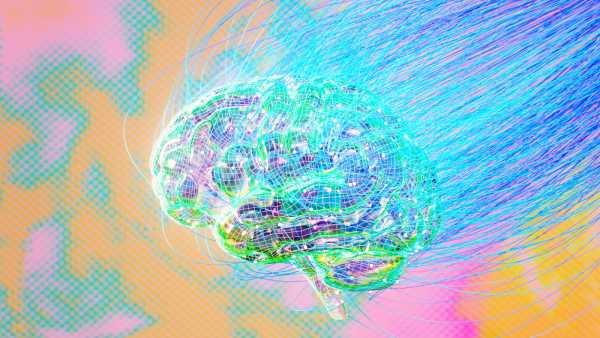
(Image credit: Evgeny Mymrin/Getty Images)
The researchers created an innovative AI architecture that differentiates itself from traditional large language models (LLMs) such as ChatGPT, demonstrating significantly improved performance in key trials.
The new system, called the hierarchical reasoning model (HRM), simulates the multi-level and multi-temporal processing of information in human neural networks – the process of integrating data across different brain structures on a time scale from milliseconds to minutes.
Experts from the Singapore-based company Sapient said that their development requires less computing resources and training data to achieve comparable results, which increases its cost-effectiveness.
You may like
-

The study found that modern AI systems from OpenAI and DeepSeek show a “critical drop” in performance when working on complex tasks.
-
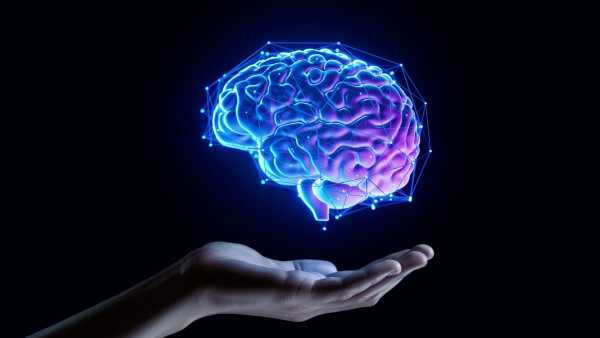
The AI 'hallucination' problem: a potential correction method has been found
-

AI beats 30 top mathematicians at closed conference in US
According to a preprint of the study published on June 26 on the arXiv platform, HRM uses 27 million parameters and 1,000 training examples. By comparison, modern LLMs contain trillions of parameters: for example, GPT-5, according to preliminary data, includes between 3 and 5 trillion.
Innovative approach to data processing
During testing on the ARC-AGI benchmark, designed to assess the approach to general artificial intelligence, HRM showed 40.3% in the first version of the test. For comparison: OpenAI o3-mini-high – 34.5%, Claude 3.7 – 21.2%, Deepseek R1 – 15.8%. In the complex ARC-AGI-2, the results were 5% against 3%, 1.3% and 0.9%, respectively.
Most LLMs use a chain-of-thoughts approach, which breaks down tasks into substeps. However, Sapient developers point out the drawbacks of this approach: instability of decomposition, high data requirements, and processing delays.
In contrast, HRM processes tasks in a single cycle through two modules: the upper level is responsible for strategic planning, and the lower one is responsible for operational calculations. This mechanism resembles the distributed information processing in the biological brain.
The system uses iterative refinement – repeated improvement of approximate solutions over short intervals. Each iteration determines whether to continue the analysis or provide a final answer.
RELATED STORIES
— Meta AI Takes Step Towards Superintelligence, But Refuses Public Access to Its Most Powerful Systems
— Threats to AI bots provoke them to lie and act dangerously, researchers warn
— Experts criticize the AGI hype: 'From irresponsibility to potential danger'
HRM demonstrated near-perfect results in solving complex Sudoku and navigating mazes where traditional LLMs failed. Independent verification by the ARC-AGI organizers revealed that the key contribution to performance was not the architecture but the specific learning algorithm.
Sapient's developers noted in a blog post that while the results were reproducible, the learning features they discovered require further study.

Keumars Afifi-Sabet, channel editor, technology
Kumars leads Live Science's technology section. His work has appeared in ITPro, The Week Digital, ComputerActive, and more. With a degree in biomedical sciences and a CMI certification, he combines a scientific background with experience in technology journalism.
You must verify your public display name before commenting.
Please log out and log back in. You will then be prompted to enter a display name.
Exit Read more

A study has found that cutting-edge AI models from OpenAI and DeepSeek “completely fail” when tasks become too difficult.
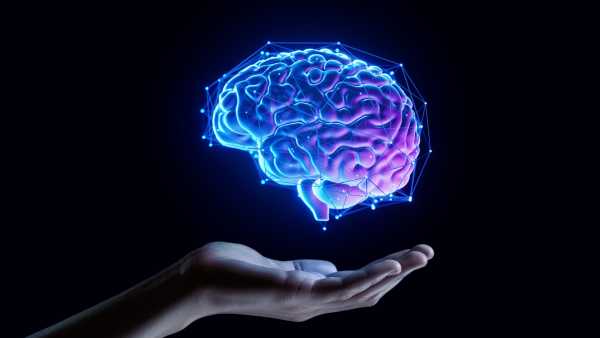
AI is constantly “hallucinating”, but there is a solution

AI Outsmarts 30 of World's Top Mathematicians at Secret Meeting in California

Leading artificial intelligence experts warn that AI will soon be able to think in ways we don't even understand, eluding our efforts to keep it running.
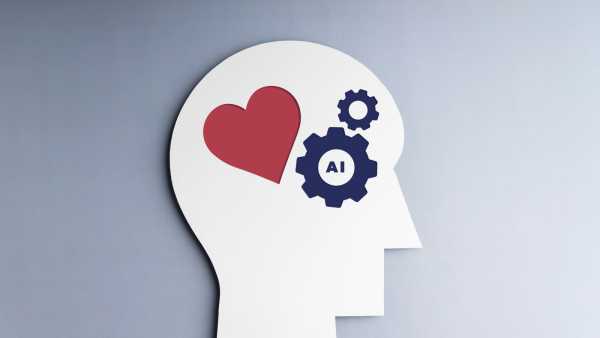
New Study Claims AI 'Understood' Emotions Better Than Us
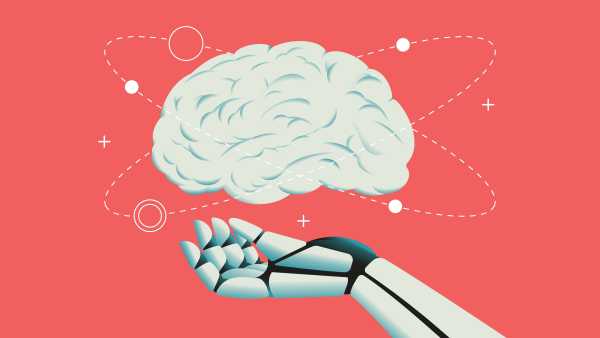
Scientists claim that a new artificial intelligence system can “predict human behavior in any situation” with unprecedented accuracy. Latest news in the field of artificial intelligence

IBM and NASA create first-of-its-kind AI that can accurately predict powerful solar flares
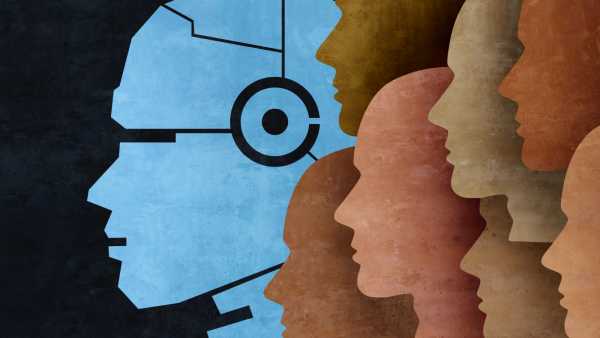
OpenAI ChatGPT Agent can take control of your PC, performing tasks on your behalf, but how does it work and what's the point?

How an AI assistant is changing teen behavior in surprising and sinister ways
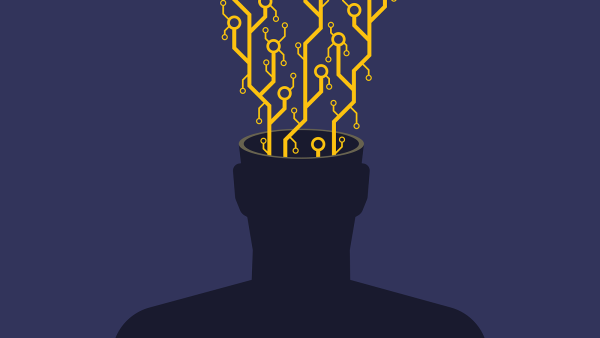
Meta-AI Takes First Step Towards Superintelligence – and Zuckerberg Won't Release Most Powerful Systems to the Public Anymore
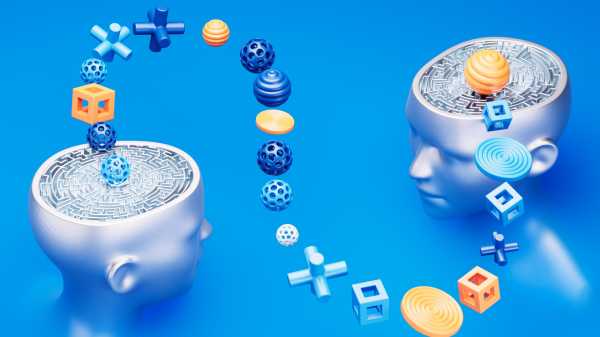
Research shows AI models can send subliminal messages that teach other AIs to be 'evil'

Leading artificial intelligence experts warn that AI could soon think in ways we don't even understand, eluding our efforts to keep it running. Latest News
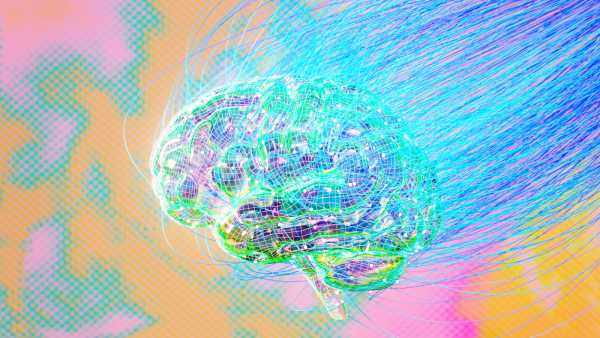
Scientists have just developed a new AI modeled after the human brain that outperforms LLMs like ChatGPT at reasoning tasks.

Exotic quartz arrow may have killed man 12,000 years ago in Vietnam.

The first New World case of the parasitic blowfly infestation in decades has been reported in the United States.

Scientists discover 'spirals' in DNA that form under pressure

Thousands of bumblebee catfish climb a waterfall in never-before-seen footage
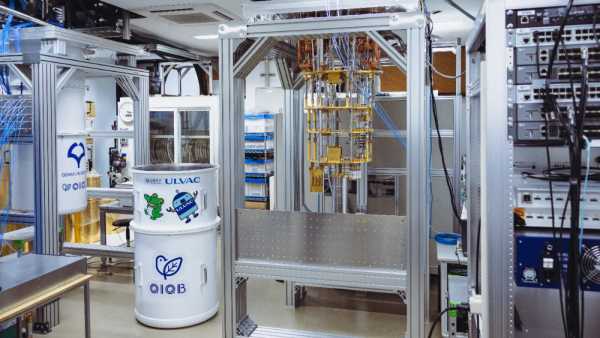
Japan Launches Its First Domestic Quantum Computer LATEST ARTICLES

1Diagnostic dilemma: Rare disease makes woman see people as dragons.
Live Science is part of Future US Inc., an international media group and leading digital publisher. Visit our corporate website.
- About Us
- Contact Future experts
- Terms and Conditions
- Privacy Policy
- Cookie Policy
- Accessibility Statement
- Advertise with us
- Web Notifications
- Career
- Editorial Standards
- How to present history to us
© Future US, Inc. Full 7th Floor, 130 West 42nd Street, New York, NY 10036.
var dfp_config = { “site_platform”: “vanilla”, “keywords”: “type-news-daily,serversidehawk,videoarticle,van-enable-adviser-
Sourse: www.livescience.com





